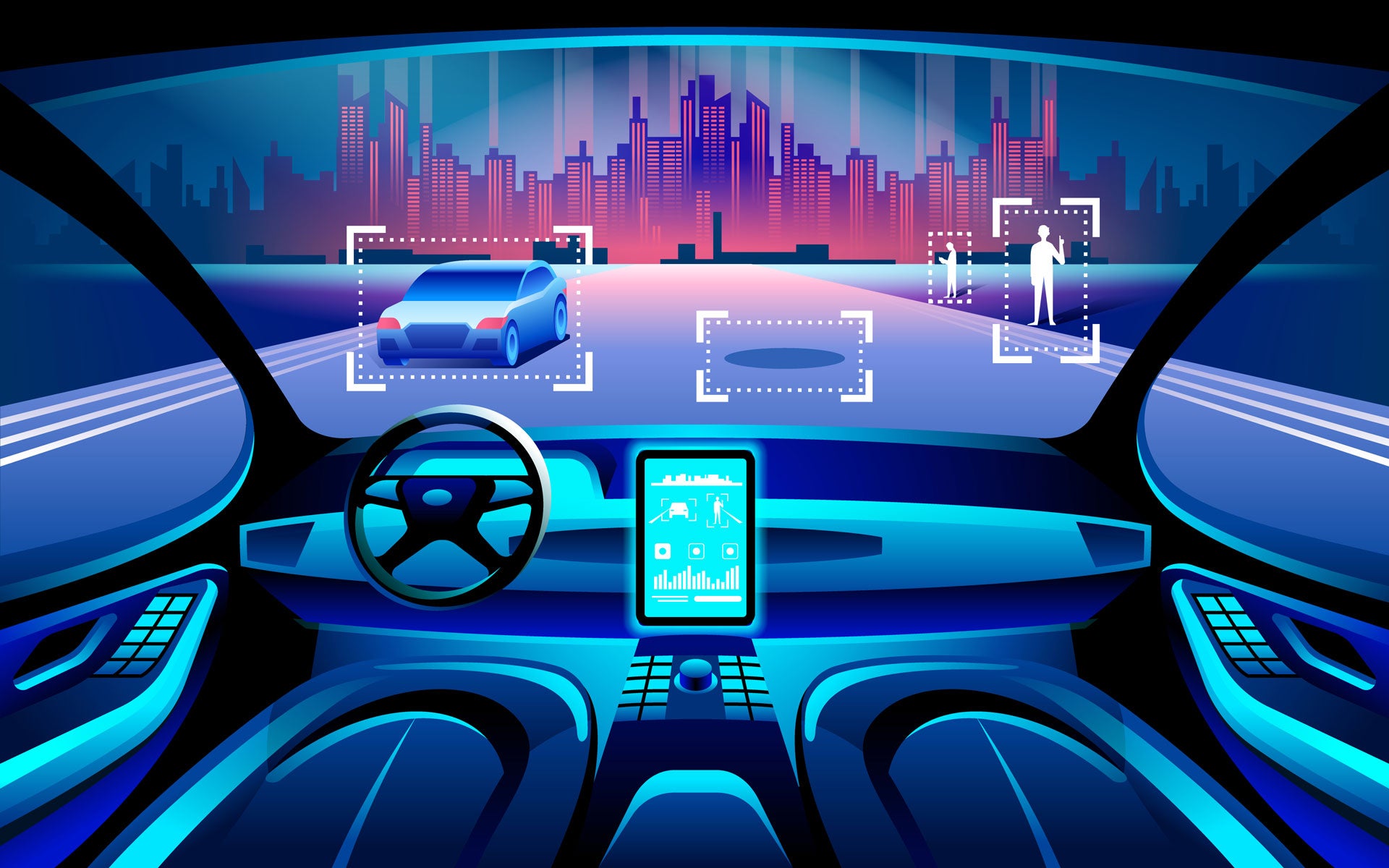
Self-driving car development is progressing rapidly, but cybersecurity remains a significant concern, with GlobalData highlighting the need to protect against driverless car cyberattacks as “critical” to public acceptance of the technology.
In a newly published thematic research report on autonomous vehicles, the data analytics company highlighted that fully autonomous vehicles – also referred to as level 4 – present greater opportunities for cyberattacks than current partially autonomous vehicles, known as level 3.
“Securing vehicles against a myriad of cyber threats will be critical to public acceptance of fully autonomous vehicles, which offer a greater attack surface exposed to sabotage than current Level 3 autonomy vehicles,” the company wrote.
“Amid euphoria about the scope and prospects for self-driving, there looms the ever-larger threat of cyberattacks. These attacks can come in many forms: hacks that lock people out of their cars and demand ransoms; malware that attacks brakes and steering to cause fatal accidents; and sabotage of driving environments and GPS mapping.”
Protecting against driverless car cyberattacks
Given the wide range of potential driverless car cyberattacks, there need to be a host of secure solutions available.
These are still being explored and developed. GlobalData identified solutions at the chip and firmware-level as being critical to adequate driverless car security, however the company also pointed to a number of other solutions that may prove key.
“One solution is to store more of the data used for autonomous driving in self-contained on-board data centers. Another solution may lie in the tokenization of vehicles as blockchain technology proliferates,” said the company.
While there are not yet complete solutions in place for fully autonomous vehicles, many of the major players are putting significant focus on this area. GlobalData pointed to ARM, Intel and Nvidia as some of the companies that were developing chip-based solutions, also highlighting those exploring a software-based approach.
“At the software level, Blackberry has opened up a rich vein for itself with its specialist Jarvis software among car makers, while at the network/cloud level the pack leaders are Symantec, Barracuda, Fortinet and Imperva, with Cisco and IBM expanding into the space,” said GlobalData.
“IBM, Accenture and Microsoft are also inthe vanguard of blockchain solutions, while MOBI – the Mobility Open Blockchain Initiative – now counts original equipment manufacturers (OEMs) including GM, BMW, and Ford, and suppliers including Bosch, ZF, and Denso among its members.”
Read more: Which company has won the public’s trust in driverless cars?







